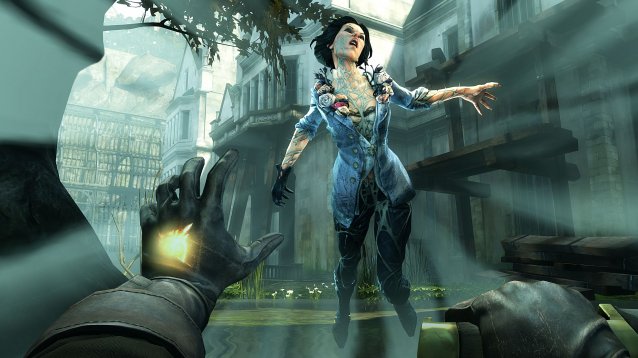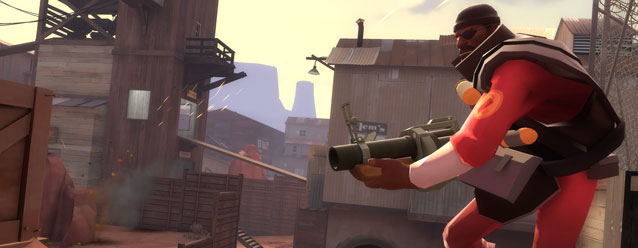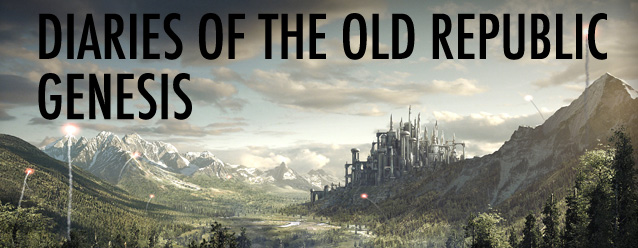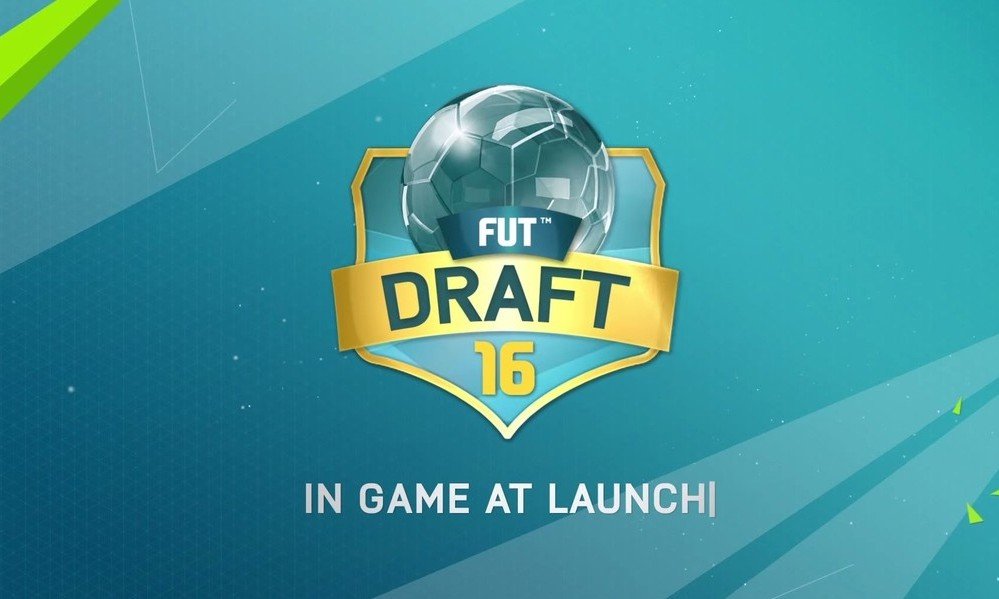

Note: What follows is our original review of the PC version of the game. However, you can read specifically about the revised Xbox One version, which offers a control system better suited to console (among other enhancements), in Official Xbox magazine's The Banner Saga review. Read on for our original verdict:
Someone in my caravan is stealing food. I have three options: Question my apparently not-so-trustworthy clansmen, institute a rationing policy, or assign extra guards to the provision stores. I choose the first; panic spreads, reducing overall morale to "abysmal." Cue the reload to a checkpoint an hour back. I choose the second; panic spreads, morale is reduced to "super abysmal," and some of my clansman kill each other out of desperation. Reload, third option; nothing happens for awhile--until the thieves murder my guards and steal every ounce of food I have left. By the time I reach the next town, half my caravan is dead from starvation. Oh, and I have no currency left to buy anymore supplies. The Banner Saga is undeniably cruel, but its endless series of brutal scenarios plays perfectly into its wonderful, mature end-of-the-world tale.
Part tactical RPG, part Oregon Trail, and part depression simulator, The Banner Saga offers a rewarding journey drenched in misery. Its fascinating viking-inspired setting is overrun by the Dredge, a race of malicious rock people bent on destroying the world--your town included. With a caravan of survivors under your command, it's your responsibility to lead them to safety. Only, you quickly find out no such thing exists. Every trek is a perilous one, and while no one in your caravan will die of dysentery, you must defend them from brigands, Dredge, and even your own greedy clansmen, all while managing the supplies necessary to keep your followers from starving to death. Which is to say, you're basically screwed. Where many games task you with saving the world, The Banner Saga makes it clear that a handful of heroes can't do much when a million enemies are knocking at their doorstep.
Initially, hopelessness comes in the form of challenging tactical battles. These grid-based fights are similar to those in games like Final Fantasy Tactics or Fire Emblem, where you have access to a dozen or so classes, each with various strengths and weaknesses. Enemy AI is frustratingly sharp, as your foes prioritize killing blows and ganging up on a single, powerful unit. Even a single misstep can result in losing a battle, and when you win fights, you'll often do so with only a unit or two left standing. No matter the outcome, your journey continues. The difficulty isn't impossible to overcome, but it does force you to take advantage of every ability and item at your disposal. Thankfully, your soldiers don't die when defeated (otherwise The Banner Saga would be impossible to complete), though they do suffer health and damage penalties until fully rested, making the fact that another battle is inevitably just around the corner all the more devastating. Even when you're winning, it always feels like you've lost.
But the battles are nothing compared to gut wrenching tragedy that is the in-between travels of your caravan. As you wander from one town to the next, you're constantly forced to make tough decisions, the outcomes of which typically range from "oh God I'm screwed" to "FUUUUUUUUUUUUU." Do you face the huge army of Dredge on your heels and lose dozens of clansmen? Or do you make the choice to flee, leaving the sick and elderly behind to die? You won't permanently lose party members in battle--but you will when you let a group of travelers join your caravan and they end up shanking your tank before stealing your supplies. It's impossible not to second guess your decisions when even seemingly easy solutions have outcomes that are impossible to predict. After only an hour or two you'll find these stressful situations to be far more daunting than the battles ahead--especially considering you can't manually save, which often feels more like a curse than a blessing. If things prove too difficult, though, you can adjust the difficulty setting at any time, if only to see the well-written story through to the end.
Should you win a few fights or accidentally stumble across the lesser of evils when making decisions, you'll earn renown. What this seemingly scarce (maybe it's me?) resource gets you falls in line with The Banner Saga's theme of survival. Renown acts as a sort of currency; it's used to buy items that empower your fighters or supplies to keep your caravan alive. It can also be used to level up your soldiers, making surviving battles a slightly more achievable endeavor. The thing is, you're always in desperate need of each of these things. Items give your fighters huge advantages in combat; leveling them grants a much-needed stat increase; and as for the supplies, lower caravan morale equates to more in-fighting and murder, making your journey all the more difficult. You'd do well to keep them alive and happy. Again, easier said than done.
However grueling your adventure may be, it's the small triumphs and character connections that make it worth enduring. Few things are as gratifying as building relationships with party members, or downing a keg of ale and singing songs of heroism with your clansmen after several days of terrible misfortune. These hopeful moments--while few and far between--do a great job of making you feel more connected to those under your care. Even the incredible music and gorgeous hand-drawn art and animations alleviate some of the misery, crafting a refreshingly unique aesthetic that works surprisingly well for a story so saturated in doom and gloom.
By its end, The Banner Saga isn't so much about how many battles you win, or what level your fighters are--it's about the journey of surviving from beginning to end. All the branching choices and possible playable characters mean your experience will be completely different from that of your friend's, and the interesting 10-hour campaign will keep you eager to see it through, difficulty be damned. You'll make tough decisions. People you grow to care about will die. And by the time the credits roll, you'll have woven a story all your own to tell.




 The Magic Whip: Blur to release a new album in April
The Magic Whip: Blur to release a new album in April Diaries of The Old Republic: Creation
Diaries of The Old Republic: Creation NRA Blames Videogames for Sandy Hook Shooting, Calls Game Developers Pornographers
NRA Blames Videogames for Sandy Hook Shooting, Calls Game Developers Pornographers Bloodborne: The Old Hunters - How to Get the Rakuyo
Bloodborne: The Old Hunters - How to Get the Rakuyo FIFA 16 Draft Mode Guide: Tips to Win All Your Matches
FIFA 16 Draft Mode Guide: Tips to Win All Your Matches